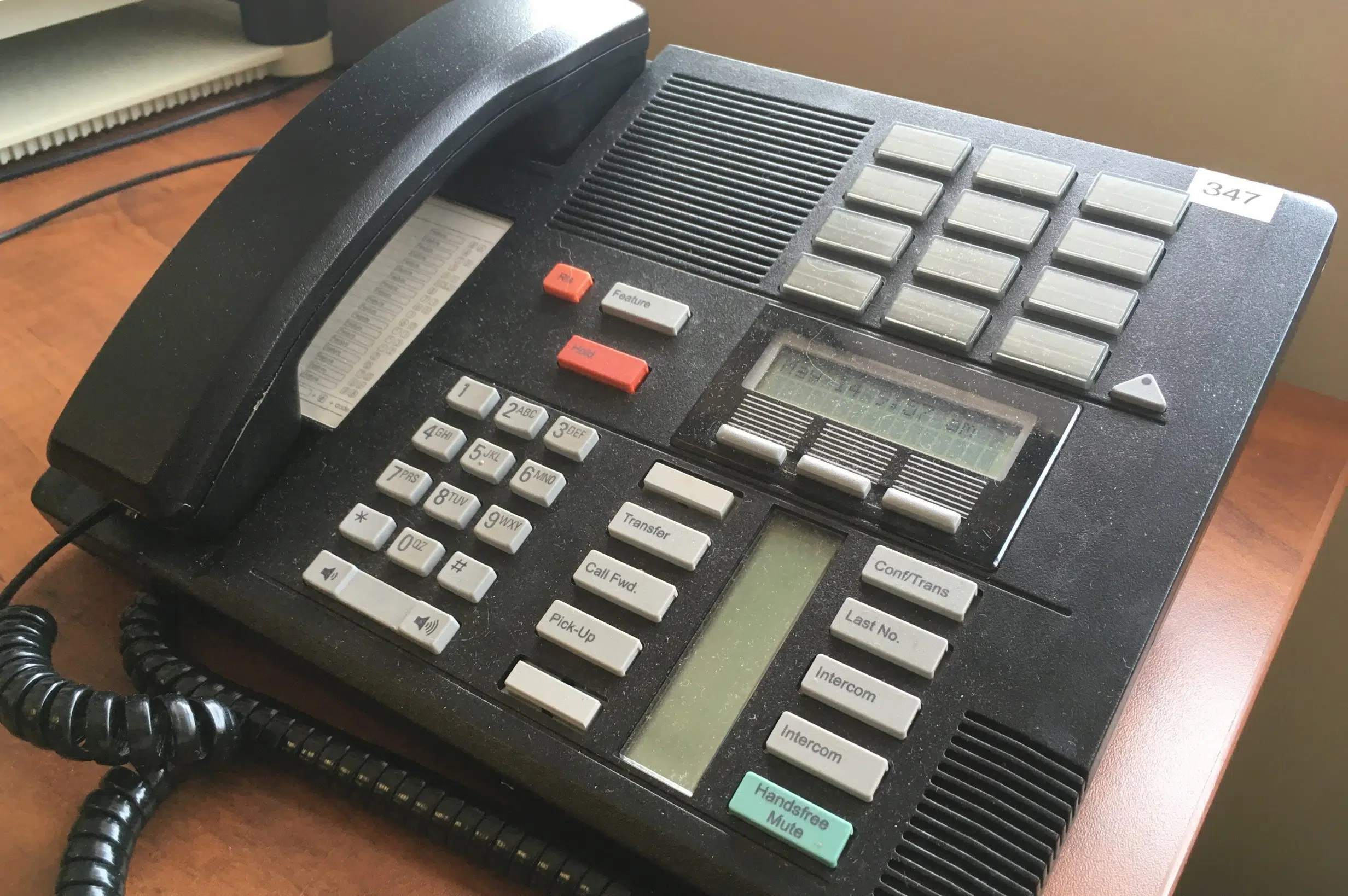The Saskatchewan Health Authority (SHA) is hitting pause on developing an anonymous whistleblower hotline.
In an emailed statement, the SHA’s Lisa Thomson said the authority is withdrawing a request for proposals (RFP) on developing the hotline in order “to allow the Saskatchewan Health Authority to conduct further internal work on disclosure policies.”
On Monday the SHA confirmed it had put out a request for proposals for developing the hotline.
“Safe, high-quality patient care is a priority for the SHA, but also for all of our staff who come to work every day to provide that safe, quality care,” Thomson’s email said.
On Wednesday, CUPE Local 5430 president Sandra Seitz said in an emailed statement: “A whistleblower hotline is an unnecessary, wasteful use of tax dollars that duplicates existing complaint processes.”
CUPE Local 5430 is a union that represent 14,000 health care providers in Saskatchewan.
The email from the union said that people who use Saskatchewan’s health care system “already have access to several forms of complaint processes,” referencing patient advocates, client representatives and quality of care co-ordinators.
The union also said people can make formal complaints through the Saskatchewan College of Physicians and Surgeons, the Saskatchewan Registered Nurses Association and the Saskatchewan Association of Licensed Practical Nurses.
Seitz said the union found out about the SHA’s RFP through media and news reports.
“Our membership deserves a say in large-scale initiatives such as a whistleblower hotline,” Seitz said.
SEIU-West, which represents workers in the service industry, also issued a statement critical of the SHA’s communication on the idea.
“It surprises me that while we have been meeting regularly with the SHA, this initiative was never mentioned,” treasurer Janice Platzke said in a statement. “The lack of information raises many questions and concerns for our members.”
SEIU-West represents about 13,000 people in Saskatchewan.
CUPE’s statement also said the lack of information would “create an atmosphere of mistrust for employees, managers and the public.” It said money that would’ve been spent on the hotline should be spent on frontline care.











